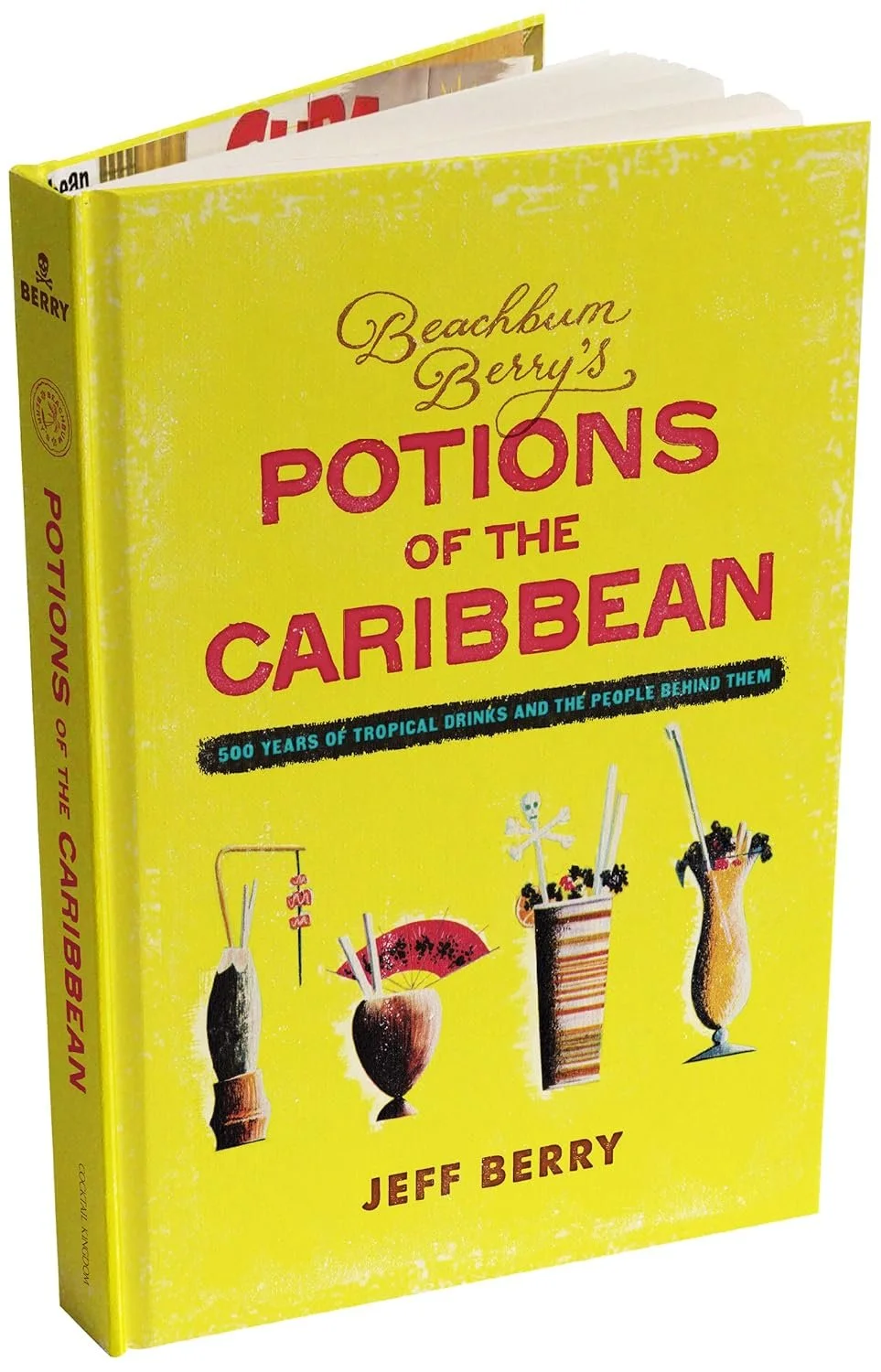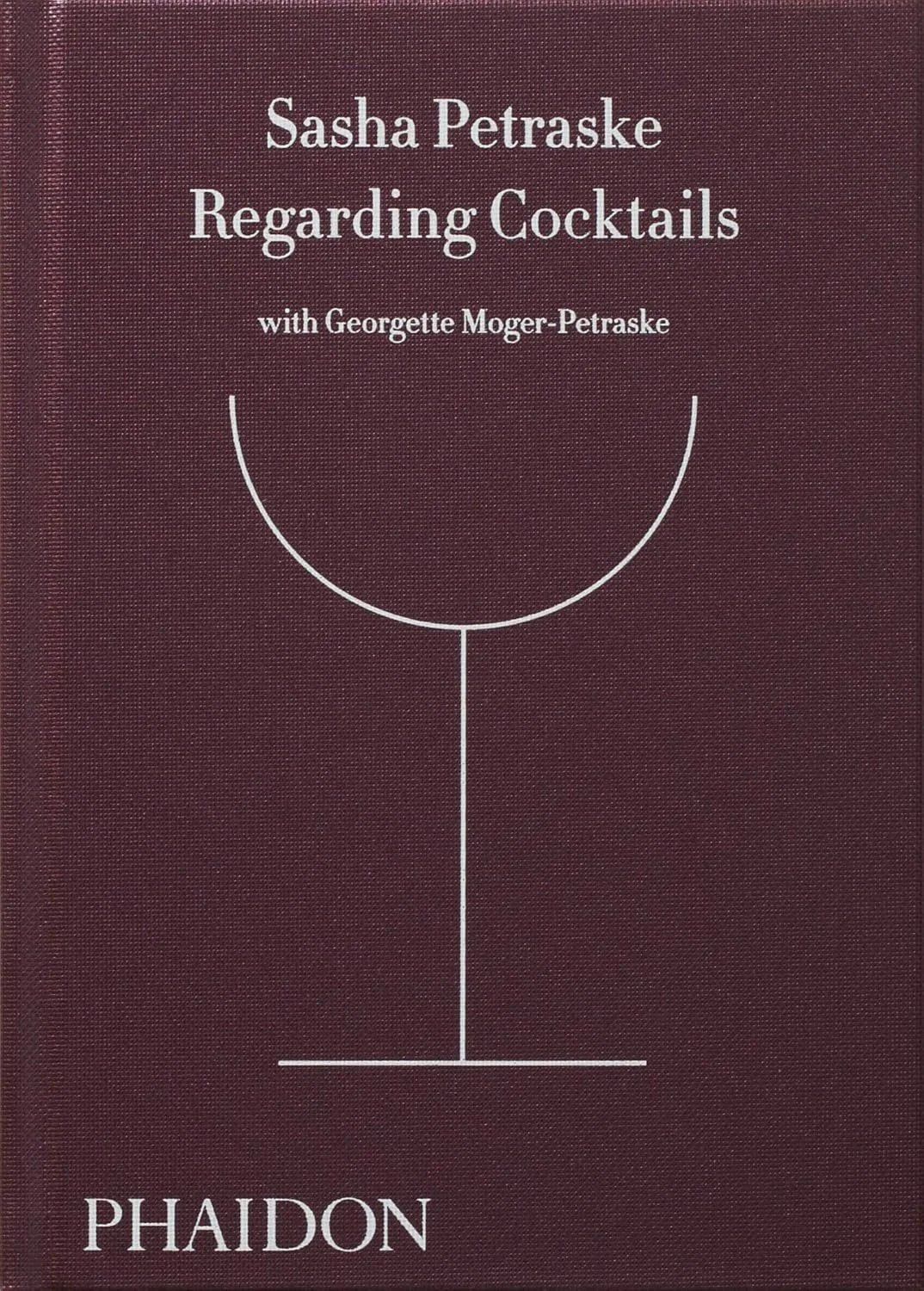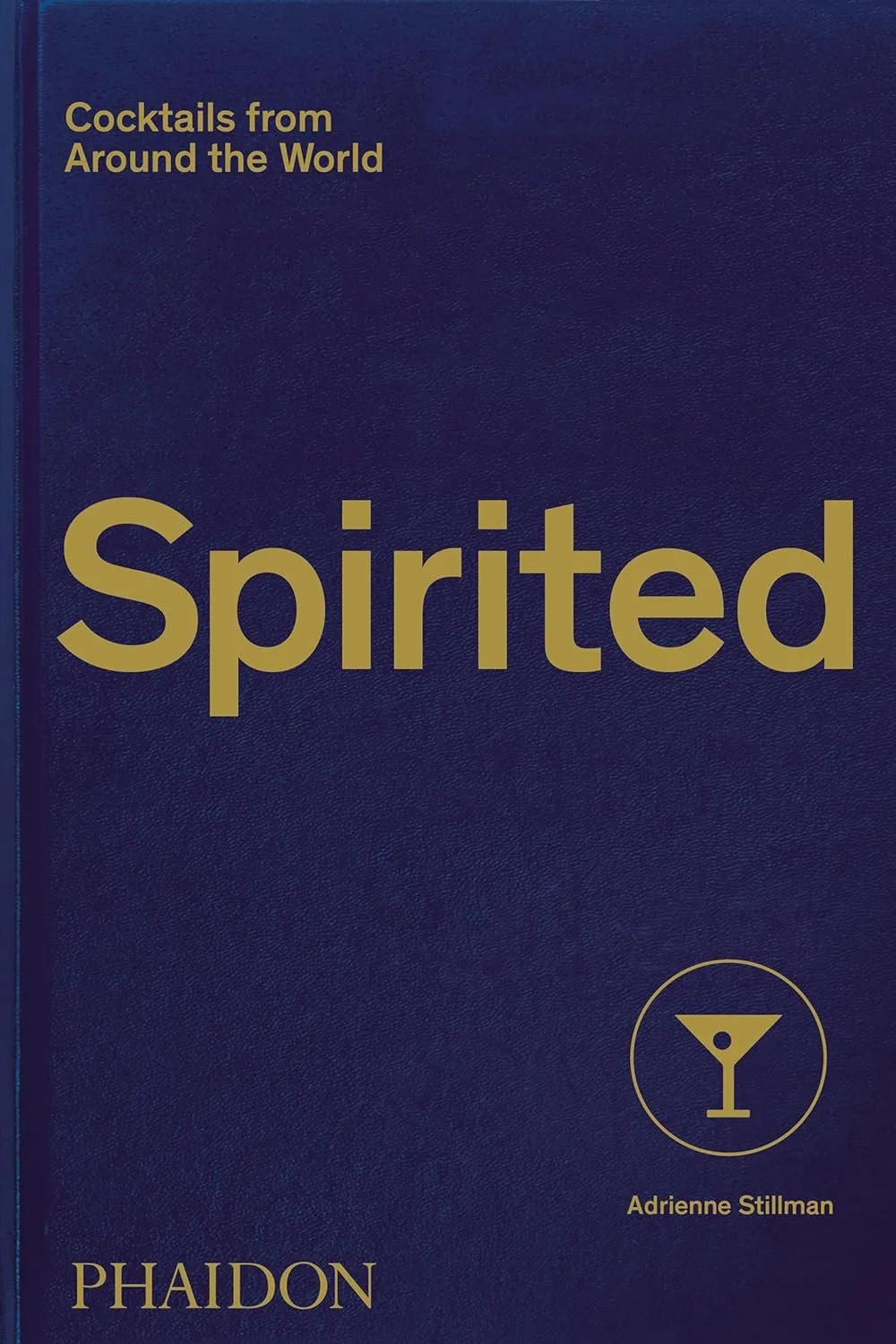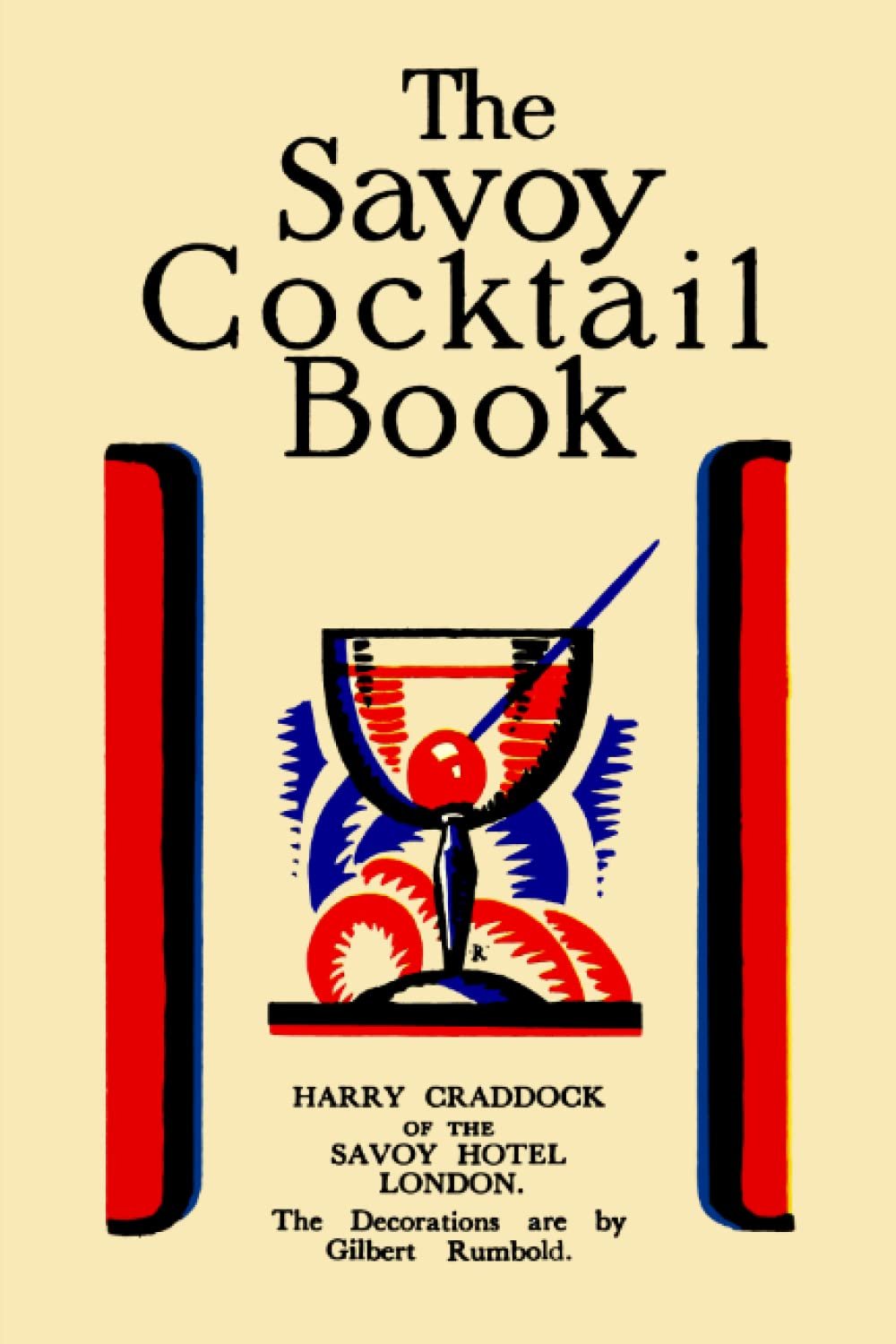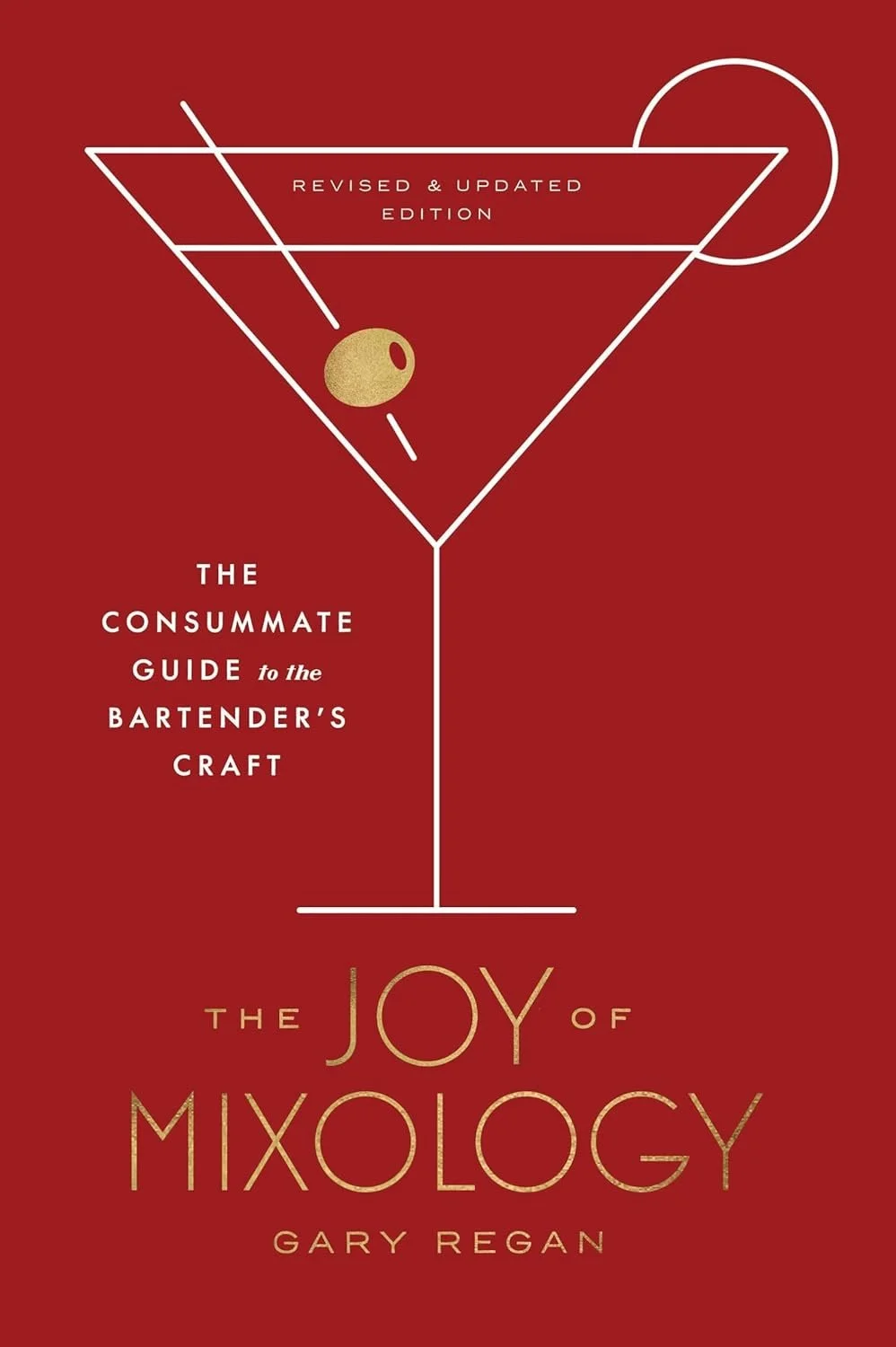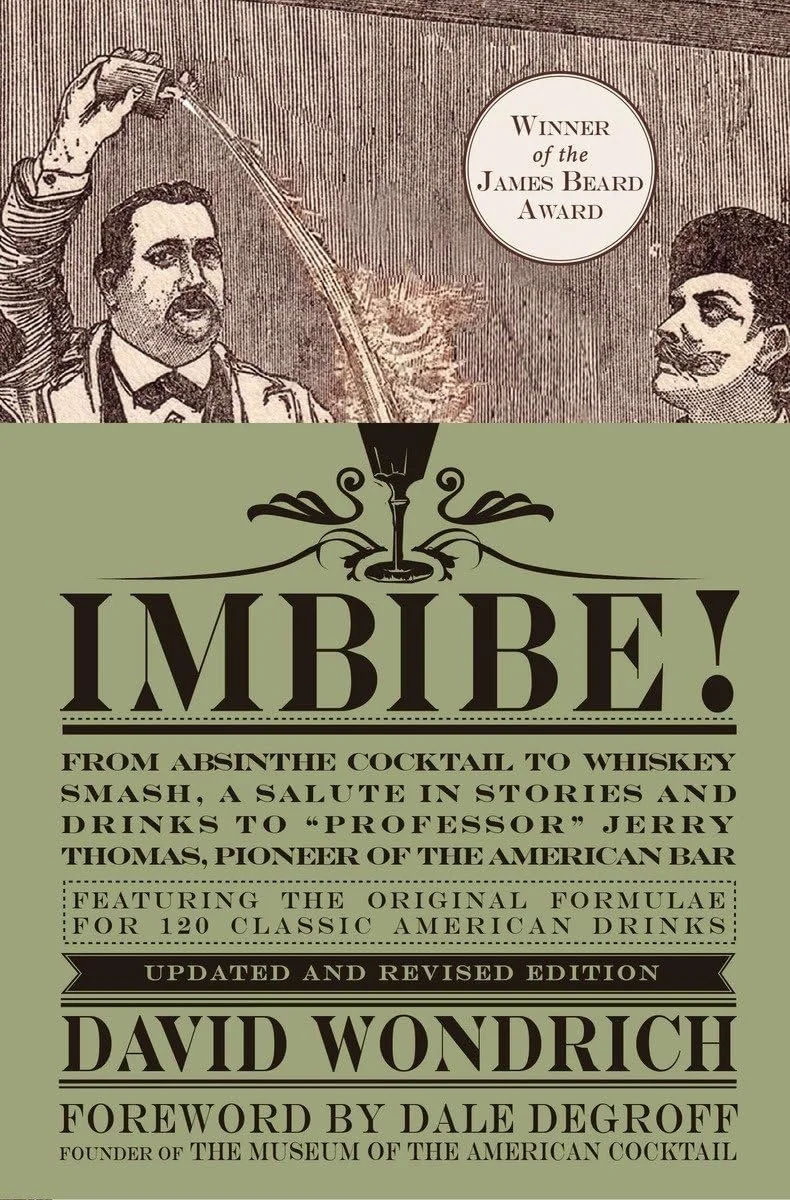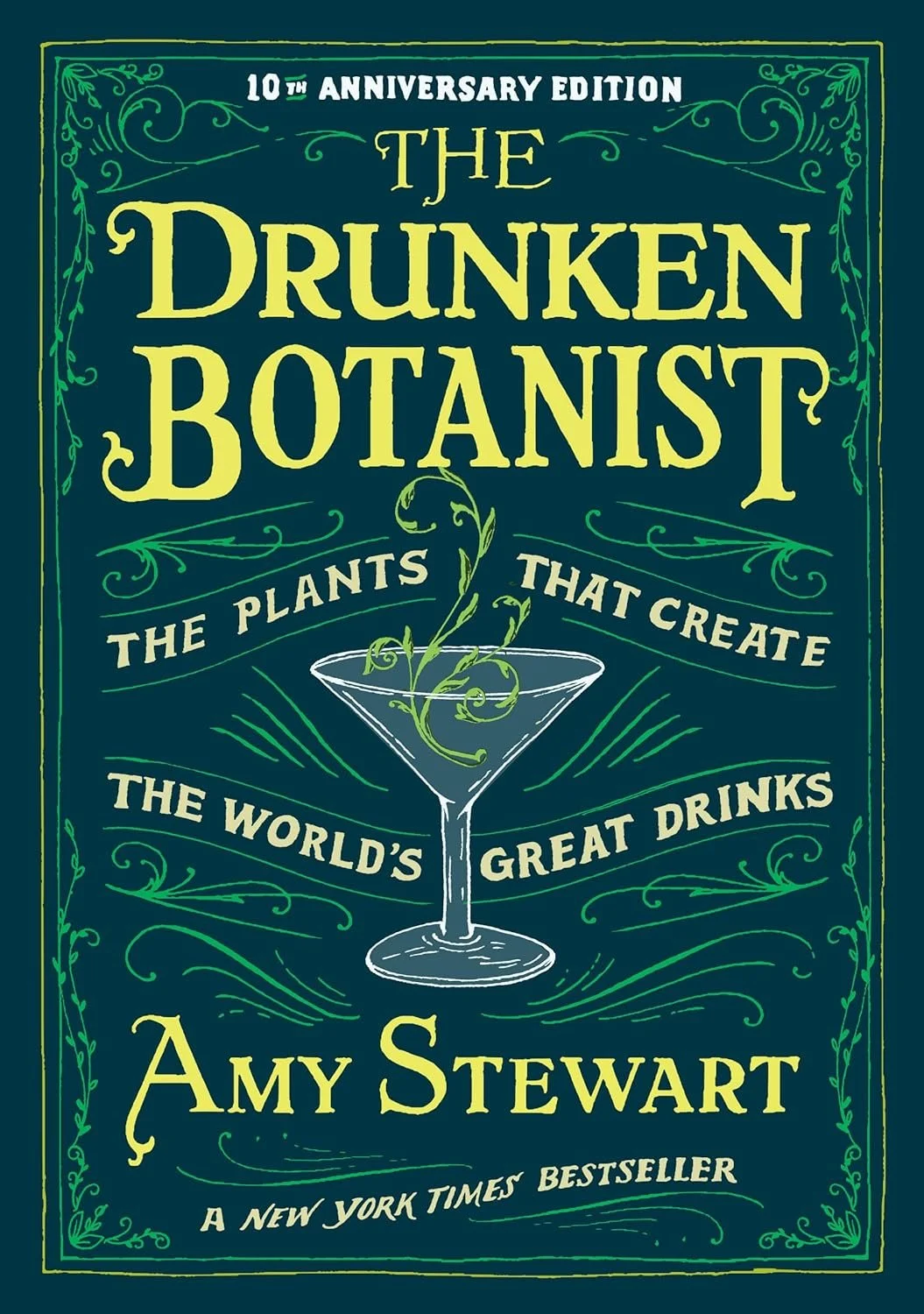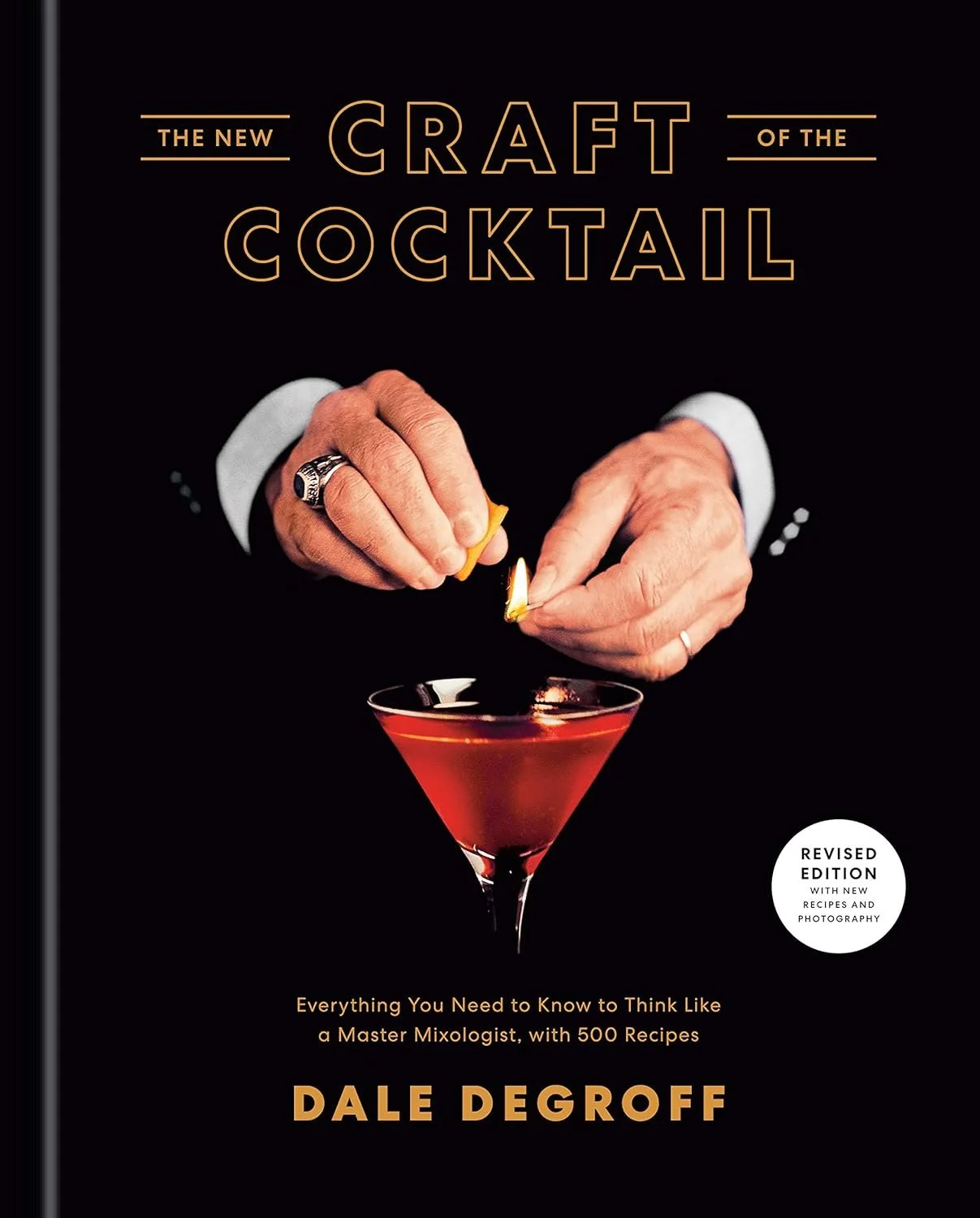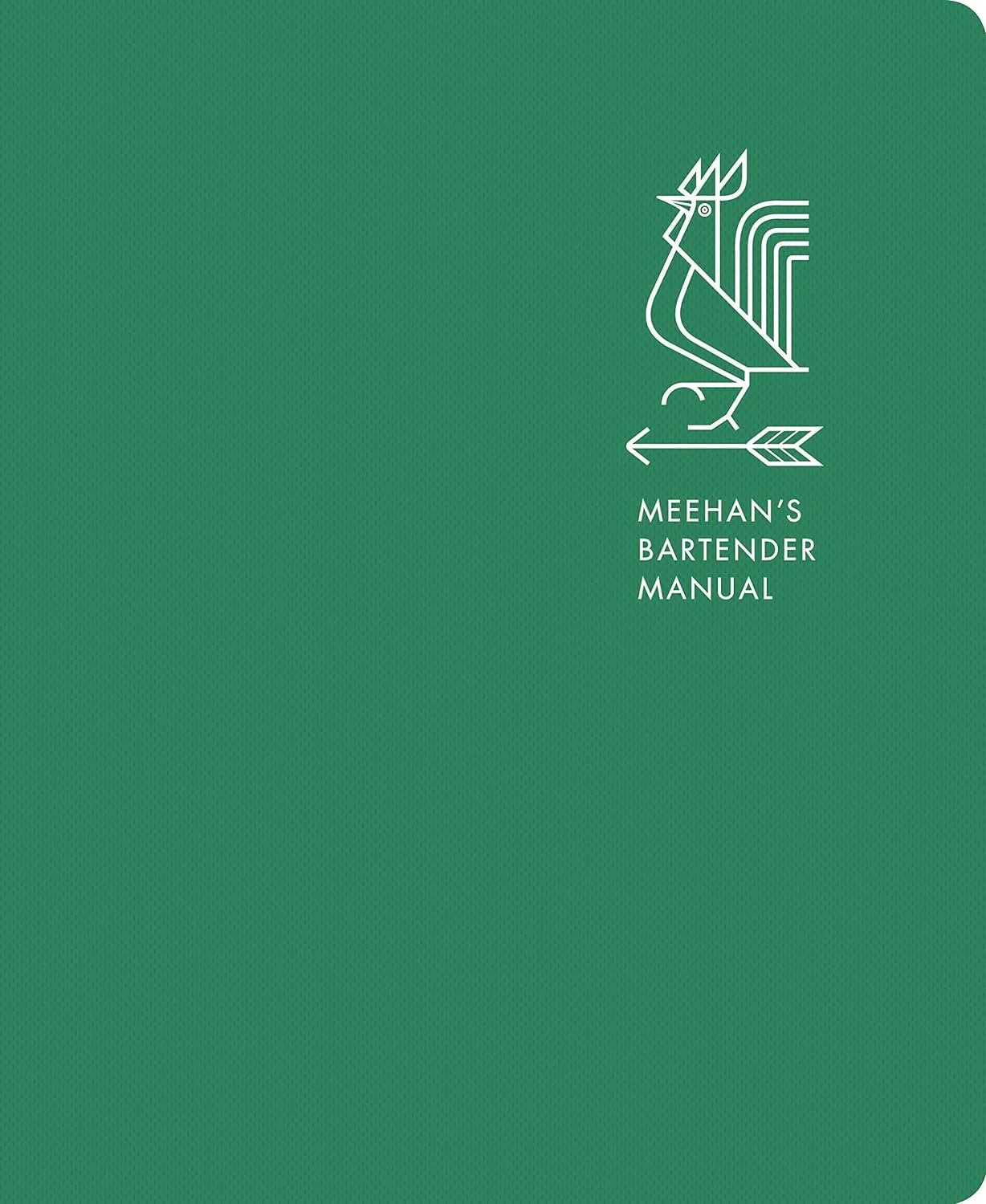30 Best Cocktail Books
Best Cocktail Books
I want to note that I do not get paid to do these posts, I just love authors and the book industry. However, they do take time and energy to create. If you want to donate a few dollars to my coffee fund, which keeps this blog going, you can do so here: https://venmo.com/AshleyHasty or here: http://paypal.me/hastybooklist.
When you think of cocktails, perhaps your mind drifts to a sophisticated bar, an experienced mixologist deftly crafting good drinks with a flourish. But what if you could bring that same level of artistry into your own home? Understanding and mastering the world of cocktails might seem daunting at first, but with the right resources, it becomes an exciting and rewarding journey. Books, in particular, offer a wealth of knowledge and inspiration, guiding you through the fascinating history of cocktails, their intricate recipes, and the techniques that make them shine.
Reading about cocktails can transform your perspective, helping you appreciate the art and science behind every drink and the different styles of drink. From the storied origins of the classic Old Fashioned to the modern innovations of the mixology world, books provide a comprehensive look at what makes each cocktail unique. They offer historical contexts that enrich your understanding and appreciation, making each sip more meaningful.
But not all cocktail books are created equal. Some focus on the rich history and cultural significance of drinks, while others delve into the technical aspects of mixology, providing step-by-step instructions for creating your own masterpieces at home. Some make great coffee table books whiles others get used and abused in the kitchen. Whether you’re a novice looking to make your first mojito or a seasoned enthusiast eager to refine your skills, there's a book out there tailored to your needs.
In this blog post, we'll explore how reading about cocktails can open up a new world of flavors and techniques, helping you become a confident and knowledgeable home mixologist. We'll recommend some standout cocktail books that cover everything from historical insights to practical tips, ensuring you have the best resources to start your journey. So, grab a shaker, a jigger, and let’s dive into the intoxicating world of cocktails!
Below is a list of my favorite cocktail books I’ve come across…and as you settle in with one of these new books, you might consider making my boozy hot chocolate recipe.
Good Drinks: Alcohol-Free Recipes for When You’re Not Drinking for Whatever Reason by Julia Bainbridge
About: A cocktail book focused entirely on zero-proof drinks.
Helpful For: Anyone seeking non-alcoholic alternatives without sacrificing flavor.
What to Expect: Creative, complex recipes that show alcohol-free cocktails can be just as exciting and satisfying.
I’ll try just about any cocktail once. Half the fun is discovering something you didn’t know existed. But one that’s stuck with me is the Aviation. I mean, violet liqueur? I had no idea it was a thing until that first sip. It’s floral, a little mysterious, and just sweet enough to be dangerous… kind of like the best characters in a thriller. One glass feels like you’ve been let in on a secret. Two, and you might start sharing some of your own. haha - An excerpt from my author interview with Grace Meridan
Beachbum Berry’s Potions of the Caribbean by Jeff Berry
About: A colorful dive into the rum-soaked history of Caribbean cocktails.
Helpful For: Tiki enthusiasts and rum lovers.
What to Expect: Historical narratives, rare recipes, and vibrant illustrations that make you feel transported to a tropical paradise.
My favorite drink to order is a Shirley Temple. I don’t drink alcohol, which isn’t that big of a deal to me but can make me stand out in social situations. I always get odd questions like, “Why aren’t you drinking?” or “Is it OK if I drink in front of you?” I find that a Shirley Temple is a good “undercover” drink when I’m at parties or other events. It looks like an alcoholic cocktail, so I don’t get those questions, and it tastes great. - An excerpt from my author interview with L.S. Stratton
The Canon Cocktail Book: Recipes from the Award-Winning Bar by Jamie Boudreau and James O. Fraioli
About: From Seattle’s acclaimed Canon bar, one of the most influential cocktail spots in the U.S.
Helpful For: Advanced enthusiasts looking for sophisticated recipes.
What to Expect: A mix of classic cocktails, inventive house creations, and insider tips from one of the world’s top bars.
My favorite rare indulgence these days is an espresso martini. I have a sweet tooth and a coffee obsession, so this dessert cocktail checks every box. - An excerpt from my author interview with Mara Williams
The New Cocktail Hour: The Essential Guide to Hand-Crafted Drinks by André Darlington and Tenaya Darlington
About: A modern yet classic guide that balances tradition with current cocktail trends.
Helpful For: Home bartenders who want a reliable, up-to-date reference.
What to Expect: Over 200 recipes, each with a balance of history, updated twists, and easy-to-follow instructions.
If we go out for cocktails, let's toast with a dirty martini or Cosmo - An excerpt from my author interview with Carol Van Den Hende
Regarding Cocktails by Sasha Petraske with Georgette Moger-Petraske
About: A tribute to legendary bartender Sasha Petraske, founder of Milk & Honey.
Helpful For: Fans of modern classics and minimalist cocktail philosophy.
What to Expect: A carefully curated collection of recipes, personal stories, and bar wisdom from one of mixology’s most influential figures.
[My signature drink is] French 75: A champagne cocktail with gin and an elderflower liqueur-- refreshing, light, and takes me back to 1915 when it was invented in Paris. - An excerpt from my author interview with Rebecca Rosenberg
Drink What You Want: The Subjective Guide to Making Objectively Delicious Cocktails by John deBary
About: A playful, approachable book that demystifies cocktails without the pretension.
Helpful For: Beginners who want to gain confidence without being overwhelmed.
What to Expect: Straightforward, flexible recipes with a lighthearted tone that encourages experimentation.
[My signature drink is a] Bees Knees cocktail, 1920s era, gin based and infused with honey and lemon. I discovered it when I was researching out a cocktail to go along with a book club meeting for my first novel set in the 1920s, The Spinster's Fortune. - An excerpt from my author interview with Mary Kendall
The Aviary Cocktail Book by Grant Achatz, Nick Kokonas, and Micah Melton
About: From Chicago’s acclaimed Aviary bar, this is a luxe, experimental approach to cocktails.
Helpful For: Serious enthusiasts who appreciate innovation and culinary-style presentation.
What to Expect: Stunning photography and avant-garde recipes that push the boundaries of traditional mixology.
[My signature drink is an] Old Fashioned with a splash of amaretto instead of a cherry. Shouting out Lindsay Merbaum, author of The Gold Persimmon and high priestess of homemade cocktails. - Excerpt from my author interview with Mary Camarillo
Spirited: Cocktails from Around the World by Adrienne Stillman
About: A sweeping global tour of cocktail culture, featuring over 600 recipes.
Helpful For: Adventurous home bartenders who want to explore international cocktails.
What to Expect: Regional specialties, cultural insights, and a wide range of recipes, beautifully photographed and designed.
You can't go wrong with a dry gin martini, but when I'm feeling literary I fix a Travis McGee, named for the cocktail invented by John D. MacDonald's famous PI. Fill a rocks glass with ice. Dump some sherry into it, swirl it around, and strain the sherry out. Pour in a generous amount of Plymouth Dry Gin. Rub a lemon peel around the glass's lip, twist it over the drink, and toss the peel away. They are very, very good. - An excerpt from my author interview with W.M. Akers
Booze & Vinyl: A Spirited Guide to Great Music and Mixed Drinks by André Darlington and Tenaya Darlington
About: This creative cocktail book pairs iconic albums with cocktail recipes for a multisensory experience.
Helpful For: Music lovers who want to blend cocktails with playlists.
What to Expect: Curated drink recipes to match classic records—from rock to jazz—making it perfect for entertaining.
[My signature drink is a] Eastern Standard Cocktail. I discovered this just before the lockdown and have been perfecting the ratios of cucumber, mint and sugar syrup. You can use gin or vodka - I can't tell the difference, particularly when I've had two. - An excerpt from my author interview with Beth Morrey
The Cocktail Companion: A Guide to Cocktail History, Culture, Trivia and Favorite Drinks by Cheryl Charming
About: Cheryl Charming, affectionately known as “Miss Charming,” blends history, trivia, and recipes in this engaging guide.
Helpful For: Casual readers who want both cocktails and conversation starters.
What to Expect: A mix of classic recipes, quirky facts, and cultural tidbits that make it as fun to read as it is practical to use.
Everybody should know how to make a martini. It's a simple drink -- it's really just gin and a splash of vermouth -- but it's easy to get wrong, and a bad martini is horrible. A good martini is a combination of salt and citrus flavours. I like mine dirty (you dirty it by using a little olive brine), but I serve them with lemon peel and olives, which I know is wrong. It's supposed to be one thing or the other. I like both.
You don't need any special equipment to make a good martini, but you do need to keep everything COLD. The gin, the mixer glass and spoon need to be in the freezer, and the vermouth in the fridge. For two people I add about 16 ml of gin, plus a single capful of vermouth, pouring it over the ice cubes, which I like to have standing ready in the mixer glass. If you're going to add brine, now is the time. Then you stir for twenty seconds, before pouring the liquid off the ice into your cocktail glasses. Your martinis should be so cold that you get tiny little shards of ice. Beautiful. Serve quickly before the shards disappear. - An excerpt from my author interview with Ben McPherson
"The Savoy Cocktail Book" by Harry Craddock
About: This classic book, first published in 1930, is a cornerstone of cocktail literature.
Helpful For: Fans of vintage cocktails and those who appreciate historical context.
What to Expect: A comprehensive collection of recipes from the golden age of cocktails, along with charming illustrations and anecdotes.
[My signature drink is] A margarita. I always look through cocktail lists and go 'ooh' at everything and then always end up ordering a lime margarita. I had a blackberry and thyme one recently that was delicious. - An excerpt from my author interview with Amita Murray
"The Joy of Mixology" by Gary Regan
About: A seminal work by one of the cocktail world's most respected figures.
Helpful For: Both beginners and experienced mixologists.
What to Expect: Detailed explanations of cocktail techniques, an innovative classification system, and a wealth of recipes.
My go-to is always a French 75 with a splash of St. Germain! Bubbles, citrus, and floral. It's perfect. Otherwise, I love craft cocktails and am always open to trying new drinks or creating my own. - An excerpt from my author interview with Gabriella Saab
"Imbibe!" by David Wondrich
About: A deep dive into the history of cocktails in America.
Helpful For: History buffs and anyone interested in the origins of classic cocktails.
What to Expect: Engaging stories, historical recipes, and insights into the cultural impact of cocktails.
[My signature drink is a] Pamplemousse! Aperol, St. Germain, Hendrick’s Gin, and the juice of a whole lemon over lots of ice. It tastes and looks just like pink grapefruit!
I discovered this drink after a 1pm showing of Jojo Rabbit. In my opinion, that’s the best film of 2019 and maybe ever. But the juxtaposition of dread, joy, love, loathing, brutality, and wrenching, overwhelming loss left me a complete wreck coming out of the theater. I desperately needed a drink, so my husband steered me down to the street to a bar where Pamplemousse was the special cocktail of the day. Voila! I was revived. - An excerpt from my author interview with Aimee Liu
"The Drunken Botanist" by Amy Stewart
About: A botanical exploration of the plants that make up our favorite drinks.
Helpful For: Those curious about the science and botany behind spirits.
What to Expect: Fascinating botanical information, gardening tips, and cocktail recipes.
Every single night I drink Bubly soda water on the rocks with a splash of orange juice. It feels like a cocktail, but it's healthy and hydrating. As for alcoholic drinks, there's nothing I like better than a fancy cocktail menu at a restaurant. I want a lychee fruit garnish, flaming orange peels, sugared rims, a slice of jalapeño, EVERYTHING. I barely even care what kind of alcohol it is, just give me something I'd never make at home, and I will pay the ridiculous tab. If there's nothing fancy, FINE, I'll order a gin & tonic. - An excerpt from my author interview with Victoria Helen Stone
"Death & Co: Modern Classic Cocktails" by David Kaplan, Nick Fauchald, and Alex Day
About: From one of the most influential bars in the world, this book offers a modern approach to cocktails.
Helpful For: Aspiring bartenders and cocktail enthusiasts looking for contemporary recipes.
What to Expect: Innovative recipes, bar techniques, and insights into running a world-class cocktail bar.
I recently invented a new cocktail: vodka and kombucha (favorite flavor: ginger and lemon). I'll also never turn down a New Zealand Sauvignon Blanc or a caramel macchiato. - An excerpt from my author interview with Kirsten Mickelewait
"Smuggler's Cove: Exotic Cocktails, Rum, and the Cult of Tiki" by Martin Cate and Rebecca Cate
About: A comprehensive guide to tiki cocktails and culture.
Helpful For: Fans of tropical and rum-based drinks.
What to Expect: Detailed recipe book with the history of tiki culture, and tips for creating an authentic tiki experience at home.
I'm a margarita chick myself, especially in a gathering of friends, and peach margs...oh my. But for my soon-to-launch novel Echoes of Us, a dear friend of mine who's a fabulous cook, Elizabeth Rogers, created a drink called The Detector for a pivotal scene of the book. It can be made as a cocktail or mocktail and the peach and basil recipe is on my website: wwwjoyjordanlake.com. I hope book clubs will have a blast making it while discussing the stories behind the story the novel. You can find some of those backstories on my website, www.joyjordanlake.com, and others in my newsletter. Cheers to you! - An excerpt from my author interview with Joy Jordan-Lake
"Liquid Intelligence: The Art and Science of the Perfect Cocktail" by Dave Arnold
About: An exploration of the science behind perfect cocktails.
Helpful For: Science-minded individuals and those interested in experimental mixology.
What to Expect: In-depth analysis of techniques, innovative recipes, and scientific explanations.
I love a Manhattan. I can my own cherries in almond syrup (with fruit from my own trees!), and they elevate every cocktail or mocktail I add them to. Especially when it involves bourbon. - An excerpt from my author interview with Emma Barry
"PDT Cocktail Book: The Complete Bartender's Guide from the Celebrated Speakeasy" by Jim Meehan
About: From the famous PDT (Please Don’t Tell) bar in New York, this book is one of the modern classics.
Helpful For: Home bartenders and professional mixologists.
What to Expect: Expertly crafted recipes, tips on bar management, and beautiful illustrations.
My favorite restaurant, Balthazar in NYC, has a drink called champagne fraises. It’s champagne with strawberry liqueur and a fresh strawberry. Pretty and delicious. It’s definitely my favorite cocktail. - An excerpt from my author interview with Patricia Leavy
"The Craft of the Cocktail" by Dale DeGroff
About: Known as "King Cocktail," Dale DeGroff shares his expertise in this essential cocktail guide.
Helpful For: Beginners and seasoned cocktail makers.
What to Expect: Classic and contemporary recipes, bartending techniques, and entertaining anecdotes.
As my readers have caught on to, there is nothing that I love more than a good salted Margarita cocktail. I especially love a frozen margarita, nothing is more refreshing on a hot summer’s day in Australia. My character’s and their best friends will often visit bars and drink margaritas together, whilst updating each other on their latest funny stories and love life drama. - An excerpt from my author interview with T L Swan
"The Bar Book: Elements of Cocktail Technique" by Jeffrey Morgenthaler
About: A thorough guide to cocktail techniques.
Helpful For: Those looking to improve their bartending skills.
What to Expect: Step-by-step instructions on essential techniques, detailed photos, and expert tips.
Dry Vodka Martini
2 1/2 ounces Vodka (or Gin, if you must). A drop of dry vermouth, such as Noilly Prat. Green olive or lemon twist for garnish. Cracked ice.
Pour a drop of vermouth into a martini glass. Swirl to coat and dump excess. Pour vodka into a cocktail shaker filled with ice. Shake until your hand is freezing cold, then strain into coated glass. Garnish with olive or lemon twist and serve.- An excerpt from my author interview with Pamela Statz
"Meehan’s Bartender Manual" by Jim Meehan
About: A comprehensive guide for professional bartenders and serious enthusiasts.
Helpful For: Professional bartenders and advanced home mixologists, this is the bartender guide you need
What to Expect: In-depth knowledge on bar design, service, and advanced techniques.
Signature drink is a Christmas cocktail I invented and often serve to guests during the holidays. It's Cherry Bounce mixed with champagne and a touch of rosemary syrup, garnished by a floating Montmorency Cherry and a sprig of candied rosemary. I'm still working to perfect the proportions. Cherry Bounce is a liquor that we make every summer and it sits in the basement until we bring it out for the holiday season. Non-alcoholic is any kind of fresh pressed juice with turmeric. - an excerpt from my author interview with Margaret Ann Philbrick
"The Essential Cocktail: The Art of Mixing Perfect Drinks" by Dale DeGroff
About: Another masterpiece by Dale DeGroff focusing on essential cocktails.
Helpful For: Cocktail enthusiasts at any level.
What to Expect: A curated collection of recipes, beautiful photography, and practical tips.
"Vintage Spirits and Forgotten Cocktails" by Ted Haigh
About: A celebration of classic and obscure cocktails from bygone eras.
Helpful For: History enthusiasts and fans of vintage drinks.
What to Expect: Rediscovered recipes, historical context, and charming illustrations.
"Cocktail Codex: Fundamentals, Formulas, Evolutions" by Alex Day, Nick Fauchald, and David Kaplan
About: A deep dive into the fundamental principles of cocktails.
Helpful For: Anyone looking to understand the building blocks of great cocktails.
What to Expect: A systematic approach to cocktails, with recipes categorized by their foundational elements.
"The Dead Rabbit Drinks Manual: Secret Recipes and Barroom Tales" by Sean Muldoon, Jack McGarry, and Ben Schaffer
About: From the award-winning Dead Rabbit bar in New York City.
Helpful For: Fans of complex and meticulously crafted cocktails.
What to Expect: Signature recipes, bar stories, and insights into the bar's success.
“Jerry Thomas' Bartenders Guide: How to Mix All Kinds of Plain and Fancy Drinks” by Jerry Thomas
About: Often referred to as the "father of American mixology," Jerry Thomas compiled the first-ever cocktail book, originally published in 1862. This guide is a seminal work in the world of cocktails, laying the foundation for modern bartending.
Helpful For: Both cocktail historians and bartenders seeking to understand the roots of their craft.
What to Expect: A comprehensive collection of recipes that includes everything from basic drinks to elaborate concoctions. The book offers a fascinating glimpse into 19th-century drinking culture and provides instructions for creating historic cocktails with timeless appeal. You’ll also find practical bartending tips and techniques that have influenced generations of mixologists.
“The Martini Field Guide: Martini Culture for the Cocktail Renaissance” by Shane Carley
About: This book is a detailed exploration of the iconic martini, delving into its rich history, variations, and cultural significance. Shane Carley provides a comprehensive guide to one of the most classic and beloved cocktails in the world.
Helpful For: Martini enthusiasts and anyone interested in mastering the art of making this sophisticated drink.
What to Expect: An in-depth look at the martini's evolution, from its origins to its modern-day interpretations. The book features a variety of martini recipes, from classic to contemporary, along with tips on choosing the right ingredients and perfecting your technique. Carley also explores the cultural impact of the martini, making this guide both informative and entertaining for cocktail lovers.
“Cocktails from the Crypt: Terrifying Yet Delicious Concoctions Inspired by Your Favorite Horror Films” by Jonathan de Haan and Kimberley Elizabeth
About: Curated by Nightmare on Film Street co-hosts Kimberley Elizabeth and Jonathan DeHaan, this book offers a spine-chilling collection of cocktails inspired by iconic horror movies. It's the perfect guide for creating an unforgettable horror movie night with drinks that pay homage to your favorite fright films.
Helpful For: Horror movie enthusiasts and cocktail lovers looking to add a spooky twist to their drink repertoire.
What to Expect: A diverse array of cocktail recipes, each designed to complement classic and modern horror films. From the refreshing Texas Chain Saw Margarita to the fiery Freddy’s Boilermaker, these concoctions are as creative as they are delicious. The book not only provides detailed instructions for each drink but also pairs them with specific horror movies, enhancing the thematic experience. Whether you're hosting a Halloween party or a horror movie marathon, this guide will provide all the liquid courage you need to face your fears.
"The Old-Fashioned: The Story of the World's First Classic Cocktail" by Robert Simonson
About: A comprehensive look at the Old-Fashioned cocktail.
Helpful For: Fans of this timeless classic.
What to Expect: History, variations, and expert tips for making the perfect Old-Fashioned.
"Speakeasy: The Employees Only Guide to Classic Cocktails Reimagined" by Jason Kosmas and Dushan Zaric
About: From the creators of the Employees Only bar in New York.
Helpful For: Those interested in reimagined classic cocktails.
What to Expect: Modern takes on classic recipes, bartending techniques, and behind-the-scenes stories from the bar.
Each of these books offers a unique perspective on the art and science of cocktails, providing valuable insights, techniques, and inspiration for both novice and experienced mixologists. Whether you're looking to master the classics, explore innovative recipes, or understand the history behind your favorite drinks, there's a book on this list to suit your needs. Cheers to elevating your home bartending skills!
How to Make Better Cocktails
Making better cocktails involves understanding and mastering a few fundamental principles, techniques, and tips. Here’s a comprehensive guide to help you elevate your mixology game:
1. Quality Ingredients
Use Fresh Ingredients: Fresh juices, herbs, and fruits make a significant difference in flavor and aroma.
High-Quality Spirits: Invest in good-quality base spirits. The quality of your liquor directly affects the taste of your cocktails.
Homemade Syrups and Infusions: Create your own simple syrups, infusions, and tinctures to add unique flavors and freshness.
2. Proper Bar Tools
Essential Tools: Ensure you have a shaker, jigger, muddler, strainer, bar spoon, and a good knife.
Glassware: Use the right glass for each cocktail to enhance the drinking experience and presentation.
3. Mastering Techniques
Shaking vs. Stirring: Shake cocktails that include juices, dairy, or egg whites to properly mix and aerate. Stir cocktails that are purely spirit-based to achieve a smooth, silky texture.
Muddling: Properly muddle herbs and fruits to release their essential oils and flavors without over-mashing.
Layering: Practice layering ingredients for visually appealing cocktails and to maintain distinct flavors.
4. Balance
Sweet, Sour, Bitter: Achieve a balance of sweet, sour, and bitter flavors. Taste and adjust as necessary.
Ratios: Understand the basic ratios of classic cocktails (e.g., 2:1:1 for a classic sour) and adjust based on your taste preferences.
5. Experimentation
Flavor Pairings: Experiment with different flavor combinations. Understand which flavors complement each other.
Customization: Don’t be afraid to tweak recipes to suit your palate or to create your own signature drinks.
6. Ice
Quality Ice: Use clear, large ice cubes for stirring and shaking. Clear ice melts slower, preventing dilution.
Crushed Ice: Use crushed ice for drinks like Mint Juleps or Tiki cocktails that benefit from quick chilling and dilution.
7. Presentation
Garnishes: Use fresh, visually appealing garnishes that complement the drink’s flavors (e.g., citrus twists, fresh herbs, edible flowers).
Glassware: Serve your cocktails in appropriate, clean, and chilled glassware.
8. Knowledge
Read and Learn: Invest time in reading cocktail books and guides. Learn about the history and techniques of mixology.
Stay Inspired: Follow bartenders, mixologists, and cocktail enthusiasts on social media for inspiration and new ideas.
9. Practice
Repetition: Practice makes perfect. Regularly making cocktails helps you refine your techniques and improve your skills.
Feedback: Make cocktails for friends and family. Get feedback to understand what works and what needs improvement.
10. Attention to Detail
Measure Accurately: Use a jigger to measure ingredients precisely. Consistency is key to replicating great cocktails.
Taste Test: Always taste your cocktail before serving. Adjust the flavors if necessary to achieve the perfect balance.
11. Stay Clean and Organized
Mise en Place: Have all your ingredients and tools ready and organized before you start mixing.
Clean as You Go: Keep your workspace clean and tidy. It helps maintain efficiency and focus.
Example Recipes to Practice
Classic Daiquiri:
Ingredients:
2 oz white rum
1 oz fresh lime juice
3/4 oz simple syrup
Instructions:
Shake all ingredients with ice.
Strain into a chilled coupe glass.
Garnish with a lime twist.
Negroni:
Ingredients:
1 oz gin
1 oz Campari
1 oz sweet vermouth
Instructions:
Stir all ingredients with ice.
Strain into a rocks glass over a large ice cube.
Garnish with an orange twist.
By focusing on these principles and continually refining your approach, you’ll be well on your way to making exceptional cocktails that impress every time. Cheers!
Why Reading Books is One of the Best Ways to Learn Cocktail Making and Bartending Techniques
When it comes to mastering the art of cocktail making and bartending, there's no substitute for learning from the experts. While hands-on experience behind the bar is invaluable, reading books by seasoned mixologists and bartenders offers a wealth of knowledge, tips, and inspiration that you simply can't get anywhere else. Here’s why diving into cocktail literature can be one of the most effective ways to elevate your mixology skills.
Access to Expertise
Books written by renowned bartenders and cocktail experts provide direct access to their wealth of knowledge and experience. Whether it's Dale DeGroff's insights on classic cocktails, Gary Regan's innovative techniques, or Dave Arnold's scientific approach, these authors distill decades of expertise into accessible, well-organized content. By reading their work, you can learn from the very best without having to attend expensive classes or work in a high-end bar.
Comprehensive Learning
Cocktail books offer comprehensive learning experiences that cover everything from the history and evolution of cocktails to advanced mixing techniques and the science behind flavor combinations. This in-depth approach allows you to build a strong foundation of knowledge, which is crucial for both beginners and experienced bartenders looking to refine their craft.
Step-by-Step Guidance
One of the most significant advantages of learning from books is the clear, step-by-step guidance they provide. Detailed instructions on techniques like shaking, stirring, muddling, and layering help you understand the nuances of each method. Additionally, many books include troubleshooting tips and common mistakes to avoid, ensuring that you can confidently create cocktails at home.
Inspiration and Creativity
Books are a fantastic source of inspiration for creating your own signature drinks. By exploring different recipes and flavor profiles, you can experiment and develop unique cocktails that reflect your personal taste and style. The creativity sparked by reading can lead to exciting new concoctions that you might not have discovered otherwise.
Historical and Cultural Context
Understanding the history and cultural significance of cocktails adds depth to your knowledge and appreciation. Books like "Imbibe!" by David Wondrich and "The Savoy Cocktail Book" by Harry Craddock offer fascinating insights into the origins and evolution of classic cocktails, enriching your cocktail-making experience and allowing you to share interesting tidbits with your guests.
Continuous Learning
The world of cocktails is constantly evolving, with new trends, ingredients, and techniques emerging all the time. By regularly reading books, you can stay up-to-date with the latest developments in mixology and continue to expand your skill set. Many contemporary books also feature interviews and contributions from a variety of bartenders, providing diverse perspectives and ideas.
What Do You Think?
We’d love to hear from you! Do you enjoy reading cocktail books? Which ones have been the most helpful or inspiring for you? Share your thoughts and recommendations in the comments below. Let’s start a conversation about our favorite resources and tips for becoming better home bartenders. Cheers!




